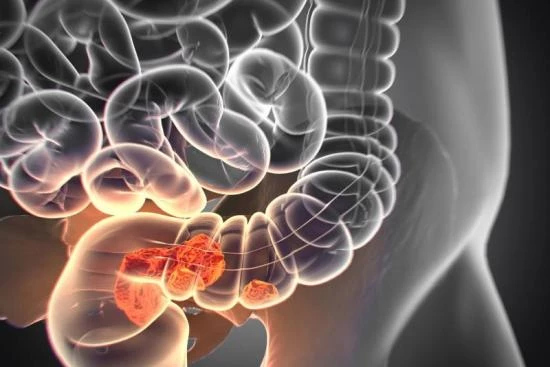When digestive disorders become intrusive or a more serious diagnosis is made, such as colorectal cancer or chronic inflammatory disease, colorectal surgery can represent a crucial step towards improving quality of life. In Turkey, this specialty is handled by multidisciplinary teams equipped with cutting-edge technology, in a reassuring medical environment.
Risks and Side Effects
- Painful.
- Swelling and bruising.
- Fatigue.
- Infections.
The average Price of Colorectal Cancer Treatment in Istanbul
The cost of colorectal surgery in Turkey can vary depending on the condition being treated and the surgical technique used (open or laparoscopic). Here are some general estimates:
- Partial colectomy: €2,500 – €4,000
- Rectal resection: €3,500 – €6,000
- Laparoscopic surgery: add 15% to 20% to the base cost
At Turquie Santé, our support goes far beyond the surgical procedure. From medical coordination to postoperative follow-up at a distance, you are cared for at every stage, with:
- Smooth medical coordination between you and the surgical team
- A medical translation and personalized assistance service
- Remote follow-up once you return home
- Clear and transparent pricing packages with no hidden fees
Don't let digestive issues take over your daily life. If colorectal surgery is being considered, trust our network to provide reliable, affordable, and fully supported treatment from start to finish.
Get your personalized quote or a free teleconsultation with an expert today.







